Date: Friday, October 8, 2021, 2:00 – 3:00 PM EST
Webinar Description:
Teaching Anti-Racism: The Clinical Section of the Teaching Methodologies Committee is hosting two webinars to assist in-house and field placement clinicians with teaching anti- racism. Each webinar will have three presenters discuss discrete tools and ideas on incorporating a variety of anti-racist teaching. Through a variety of lenses, presenters will address ways to evaluate and improve feedback to students, provide ideas for teaching about racism, and examine ways to empower students while in law school, as well as prepare them to be effective life-long advocates for change.
Learning Objectives:
Click Here to Watch the Webinar Replay
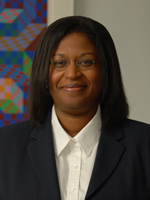
C. Benjie Louis, J.D., Visiting Assistant Professor of Law, Hofstra University School of Law
Professor C. Benjie Louis previously directed the Disaster Recovery Law Clinic (DRLC), which provided assistance to individuals who have been adversely affected by Superstorm Sandy and Hurricanes Irene and Lee.
Before coming to the Maurice A. Deane School of Law at Hofstra University, Professor Louis taught clinical, skills, and seminar courses at Albany Law School. Prior to teaching, she was a staff attorney at Legal Services of the Hudson Valley specializing in affordable housing issues, and a staff attorney at Chemung County Neighborhood Legal Services where she represented individuals in housing, unemployment insurance, and Social Security disability matters.
Professor Louis’s scholarly interests include clinical pedagogy and affordable housing issues. She is on the Board of Directors of the Clinical Legal Education Association and the Teaching Methodologies Committee of the Association of American Law Schools? Clinical Section. She has presented at various conferences on clinical pedagogy.
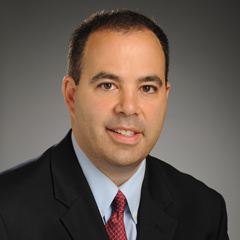
Paul Radvany, J.D., Clinical Professor of Law, Fordham University School of Law
Paul Radvany teaches the Securities Arbitration Clinic, as well as Trial and Arbitration Advocacy and the Criminal Justice Externship Seminar. He previously was a Deputy Chief of the Criminal Division for the United States Attorney’s Office in the Southern District of New York. While working there, he was a Lecturer-in-Law at Columbia Law School, where he taught Trial Practice, the Federal Court Clerk Externship class, and the Profession of Law class and also was the founder and instructor of the Disability Law Project. Before joining the U.S. Attorney’s Office, Prof. Radvany worked at Debevoise & Plimpton as a litigation associate. Prior to working at Debevoise, Prof. Radvany clerked for the Hon. Michael H. Dolinger in the Southern District of New York, and received his JD from Columbia Law School, where he was a Harlan Fiske Stone Scholar.
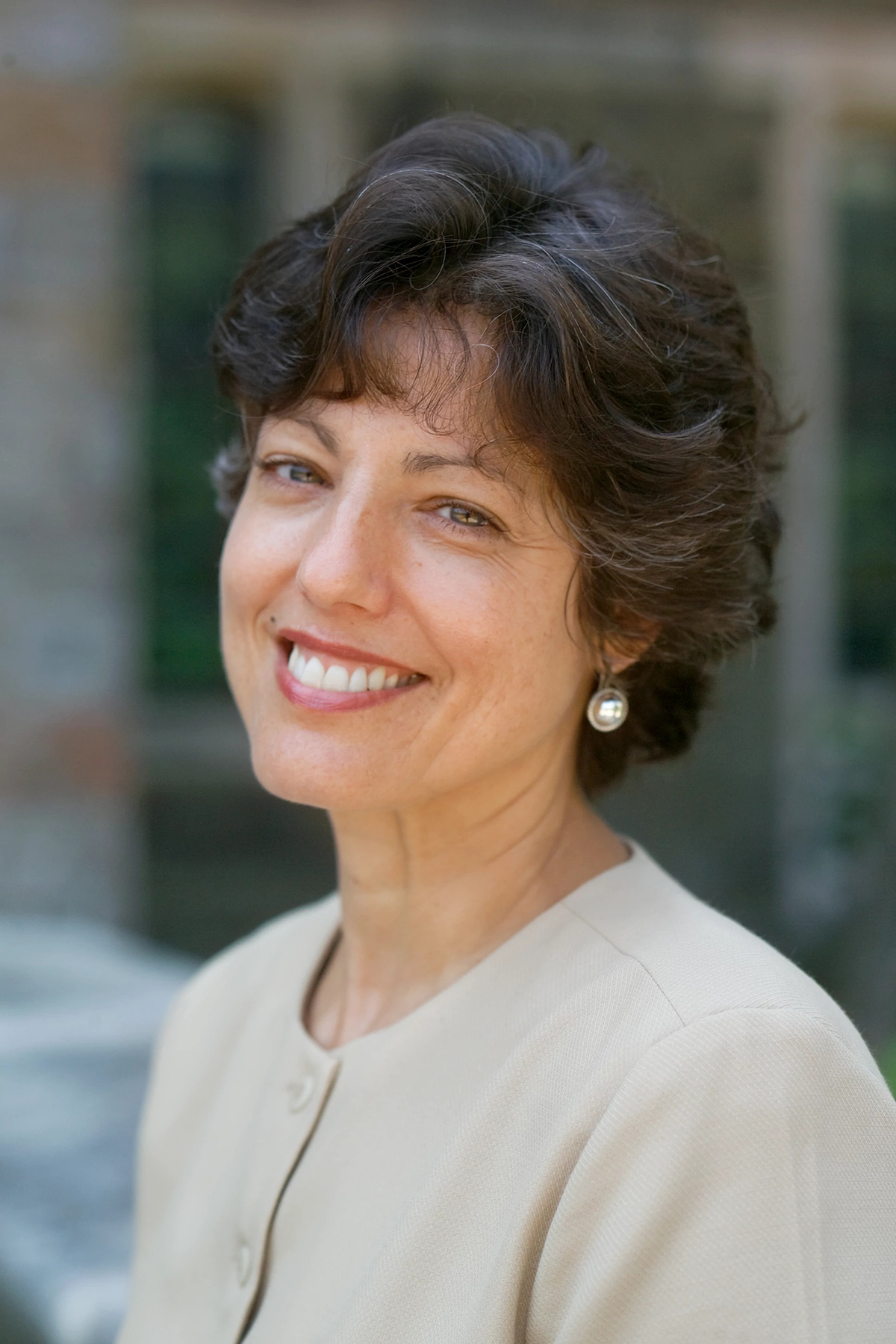
Angela B. Cornell, J.D., Clinical Professor of Law, Cornell Law School
Professor Cornell directs the Labor Law Clinic at the Law School.
Professor Cornell is the founding director of the Labor Law Clinic and teaches Labor Law, Practice and Policy as well as related courses. She has extensive experience in the field of labor and employment law, immigrant workers and international labor law. Her opinions have been featured in major media outlets, including The New York Times, The Economist, CNN Money, Ms. Magazine, Gannett, Bloomberg Radio, and La Jornada, among others.
Prior to joining the faculty at the law school, she served as Labor Commissioner on the tripartite New Mexico Labor and Industrial Commission, nominated by Gov. Bill Richardson. The Commission is the highest body to resolve appeals from the Labor and Industrial Division in the state. She also served on the Albuquerque Personnel Board adjudicating appeals of employees terminated or subjected to severe discipline and advising the City on related policy matters pursuant to the Merit System Protection Ordinance. Additionally, she was a partner in a law firm that specialized in labor and employment law and practiced immigration law.
Professor Cornell’s work has taken her to Latin America and other parts of the world regularly. She has done trainings and presentations to judges, labor lawyers and law professors on international labor law topics in the Dominican Republic, Nicaragua, Mexico, Venezuela, Chile and Brazil and argued before the Inter-American Court of Human Rights in Costa Rica. She has participated in labor delegations to Honduras and Turkey. She has also done work in Bolivia and Nicaragua in the area of clinical legal education.
Presentation:
Using Data on Race, Poverty and Inequality. An examination on how data provides insights that can be used to help students understand the systemic nature of discrimination.
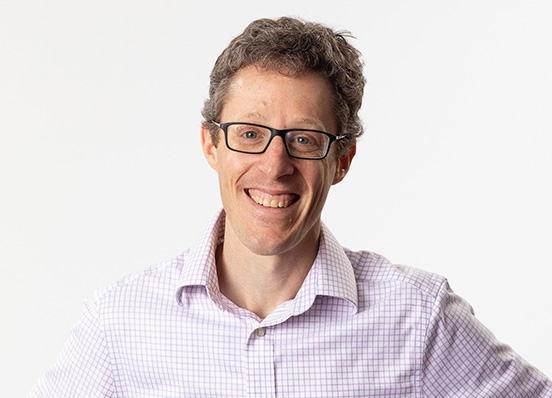 Richard Frankel, J.D., Associate Dean of Experimental Learning, Director of the Civil Litigation and Dispute Resolution Program, and Professor of Law, Drexel University Thomas R. Kline School of Law
Richard Frankel, J.D., Associate Dean of Experimental Learning, Director of the Civil Litigation and Dispute Resolution Program, and Professor of Law, Drexel University Thomas R. Kline School of LawRichard Frankel studies the intersection of civil rights, civil procedure and federal courts.
Under Professor Frankel’s direction, students in the clinic litigate appeals on behalf of indigent and other needy individuals in federal and state courts, in accordance with local student practice rules. Case areas that the Clinic has focused on include employment discrimination, immigration, prisoner civil rights, family law, and environmental protection. Representative decisions include Byrd v. Shannon, 715 F.3d 117 (3d Cir. 2013), Adkins v. VIM Recycling, Inc., 644 F.3d 483 (7th Cir. 2011), and Liggon-Redding v. Estate of Sugarman, 659 F.3d 258 (3d Cir. 2011).
Professor Frankel’s publications include “The Arbitration Clause as Super Contract” in the Washington University Law Review, “The Disappearing Opt-Out Right in Punitive Damages Class Actions,” in the Wisconsin Law Review, “Regulating Privatized Government through Section 1983,” University of Chicago Law Review, “The Failure of Analogy in Conceptualizing Private Entity Liability Under Section 1983,” in the University of Missouri-Kansas City Law Review, and “Illegal Emigration: The Continuing Life of Invalid Deportation Orders,” in the SMU Law Review. Professor Frankel also is a co-author of the treatise, “Consumer Arbitration Agreements.”
Before joining the law school faculty, Professor Frankel served as a teaching fellow and supervising attorney for the Georgetown University Law Center’s Appellate Litigation Program. Before that, he was the Goldberg-Deitzler Fellow for Trial Lawyers for Public Justice in Washington, D.C., where he litigated class-action consumer protection and civil rights cases.
A graduate of Yale Law School, he was senior editor of the Yale Law Journal, articles editor of Yale Law & Policy Review and student director of the Community Legal Services Clinic. After law school, he clerked for Judge Henry H. Kennedy Jr. of the U.S. District Court for the District of Columbia and Judge William C. Canby Jr. of the U.S. Court of Appeals for the Ninth Circuit.
Presentation:
What Would You Do? Tools for navigating difficult questions around when and how to speak out.
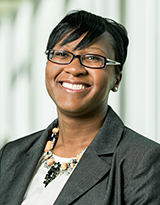 Artika Tyner, Ph.D., J.D., Center on Race, Leadership and Social Justice Director and Clinical Professor, University of St. Thomas, School of Law
Artika Tyner, Ph.D., J.D., Center on Race, Leadership and Social Justice Director and Clinical Professor, University of St. Thomas, School of LawDr. Artika R. Tyner is a passionate educator, author, sought after speaker, and advocate for justice. At the University of St. Thomas School of Law, Dr. Tyner serves as a law professor and founding director of the Center on Race, Leadership and Social Justice. She is committed to training students to serve as social engineers who create new inroads to justice and freedom.
Tyner received her B.A. from Hamline University (Major: English; Certificate: Conflict Studies). Due to her passion for advocating for social justice and educational policy reform, she decided to pursue graduate studies at the University of St. Thomas. She began her journey with law school since she recognized that the law is a language of power and therefore she sought to become well versed in the law.
Subsequently, Tyner earned a Master of Public Policy and Leadership in order to gain tools for effecting social change through policy reform efforts. Later, inspired by the legacy of W.E.B. Dubois, she obtained a Doctorate in Leadership. Her doctoral studies provided her with key tools for serving in her community and promoting social justice.
Dr. Tyner is committed to empowering others to lead within their respective spheres of influence. She provides leadership development and career coaching for young professionals. She has also developed leadership educational materials for K-12 students, college/graduate students, faith communities and nonprofits. Additionally, Dr. Tyner teaches leadership coursework on ethics, critical reflection, and organizational development. Her research focuses on diversity/inclusion, community development, and civil rights. She has presented her research and conducted leadership training programs both nationally and internationally.
Dr. Tyner leads by example by organizing policy campaigns, fostering restorative justice practices, developing social entrepreneurship initiatives, and promoting assets-based community development. She serves as a global citizen by supporting education, entrepreneurship, and women’s leadership initiatives in Africa.
Presentation:
Moving from the Margins Into the Center. Social change demands inclusive and deliberate leadership—and a plan to bring it all together. Dr. Tyner will share practical teaching strategies and pedagogical approaches on how law students can take strategic action for justice and equity.